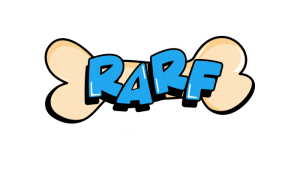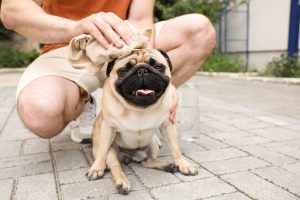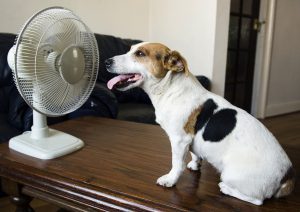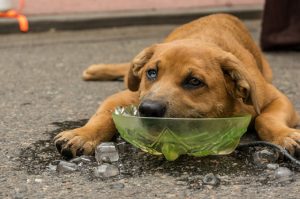 Logan Ryan, RARF Sponsors Month Long Free Dog Training for
Logan Ryan, RARF Sponsors Month Long Free Dog Training for
Dogs Adopted at the Humane Society of Tampa Bay
Tampa Bay Buccaneers Safety and NFL Animal Welfare Leader Logan Ryan and his wife
Ashley, Support Adoptable Dogs at the Humane Society of Tampa Bay.
Tampa, FL – (July 22, 2022) – Logan and Ashley Ryan, founders of The Ryan Animal Rescue
Foundation (RARF), are sponsoring free virtual dog training scholarships through GoodPup for
dogs adopted from the Humane Society of Tampa Bay starting July 26th through August 26th.
July 26th kicks off Logan Ryan’s first training camp with the Tampa Bay Buccaneers, and Logan
knows that training is the key to success in both football and his other passion, helping pets and
their people!
“So many dogs are surrendered or returned to shelters due to behavioral issues. Training is an
important step in creating understanding between you and your dog,” says two-time Super Bowl
Champion Logan Ryan. “This is a way for us to make a difference for a few hundred dogs here
in Florida and give them a second chance to succeed while helping their new families better
understand their new dog.”
During Tampa Bay Buccaneers Training Camp (7/26 to 8/26), Logan Ryan’s Animal Rescue
Foundation (RARF) will fund GoodPup Dog Training Scholarships for all dogs adopted from the
Humane Society of Tampa Bay. Each scholarship will give adopters 4 weeks of dog training
with a Certified Positive Reinforcement Dog Trainer through GoodPup.
“The use of positive reinforcement training is so important to us and is at the core of RARF’s
Behavioral Assistance Fund.” RARF Founder Ashley Ryan said. “By partnering with GoodPup,
we have been able to expand our ability to assist shelters and rescues with access to dog
training for post-adoption support, foster home support, and surrender prevention. We are
excited to be extending this support to the Humane Society of Tampa Bay!”
Ryan Animal Rescue Foundation was founded in 2017 in Nashville, but has expanded to
provide adoption promotion, financial and educational resources nationwide. Since its inception,
the foundation and the Ryan’s have promoted thousands of animals for adoption and
contributed over $250,000 to the animal rescue community through grants and private
donations.
For more information about the Humane Society Tampa Bay and its mission to provide shelter
for homeless & at-risk animals, adoptions, hospital, and TNVR services for the general public;
which operates independently from the Humane Society of the United States., please visit:
https://humanesocietytampa.org.
For ways to help the animal community through The Ryan Animal Rescue Foundation, please
visit https://www.rarf.org/. Follow RARF on social media at @rarf (Instagram) @rarf_official
(Twitter), and The Ryan Animal Rescue Foundation (Facebook).
GoodPup provides private, one-on-one dog training over live video calls. GoodPup trainers use
science-based, positive reinforcement methods to teach cues, address unwanted behaviors,
and socialize dogs. For more information, visit https://goodpup.com/
###
(Download PDF here: HS-Tampa-Bay-RARF-GoodPup-Press-Release)






 You may not believe it, but we’d love to be out of a job. It is our greatest hope that pet overpopulation in Tampa Bay will end and that all pets will be able to stay in their homes with the people who love them. But, we’re still years away from realizing that dream. In the meantime, we offer several programs aimed at giving people alternatives to surrendering their pets to our shelter. These “Safety Net” programs are a growing trend across the country and many communities, including ours, have found success in lowering their animal intake numbers.
You may not believe it, but we’d love to be out of a job. It is our greatest hope that pet overpopulation in Tampa Bay will end and that all pets will be able to stay in their homes with the people who love them. But, we’re still years away from realizing that dream. In the meantime, we offer several programs aimed at giving people alternatives to surrendering their pets to our shelter. These “Safety Net” programs are a growing trend across the country and many communities, including ours, have found success in lowering their animal intake numbers.